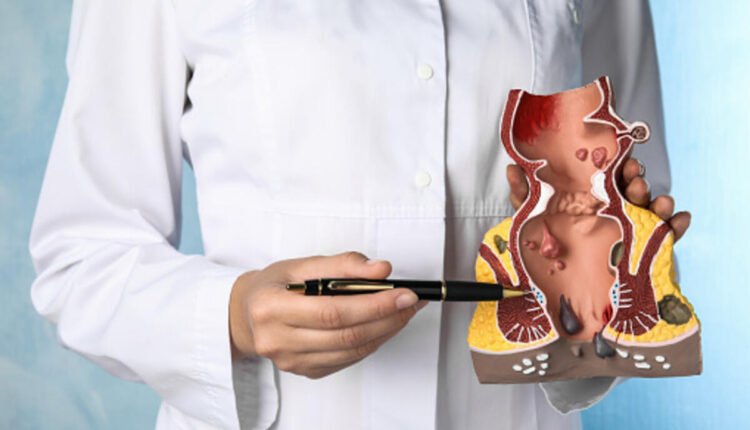What is a Hemorrhoid?
There are several options for treating hemorrhoids, and choosing the best depends on your situation. A surgical procedure may be necessary if conservative measures do not relieve the symptoms. However, minimally invasive hemorrhoid treatments are less invasive and have faster recovery than traditional hemorrhoid surgery. In addition, these procedures can be performed in a doctor’s office, hospital, or clinic.
Symptoms
While hemorrhoid symptoms are common, they can indicate a more serious underlying condition. They are painful and often involve bleeding during bowel movements. They can also lead to the development of blood clots, which can be harmful to your health and cause lightheadedness or fainting.
There are several types of hemorrhoids. Internal hemorrhoids develop within the lower rectum, while external hemorrhoids develop under the skin around the anus. Both can cause pain and discomfort, but external hemorrhoids are usually the most uncomfortable. The most common external hemorrhoid symptoms include bright red blood in the toilet bowl, a lump that protrudes after bowel movements, and painful bleeding.
Many possible causes of hemorrhoid symptoms include straining during bowel movements and a weakened immune system. A doctor may recommend lifestyle changes to help you reduce your risk of developing hemorrhoids and relieve the associated symptoms. You may also consider a colonoscopy or other tests to rule out a more serious underlying condition. If the hemorrhoid is severe, you may need surgery to treat it.
Causes
Hemorrhoids are a common skin condition wthatoccurs when the blood vessels in the anus swell. These bumps or bulges are painful and can cause bleeding during bowel movements. In addition, they can be caused by straining during bowel movements or overuse of laxatives. Fortunately, hemorrhoids are not dangerous, and some ways to treat them.
Over-the-counter creams and suppositories can provide temporary relief. However, they do not cure your hemorrhoids. A warm bath can relieve the pain if you have frequent acute flare-ups. In severe cases, medication or surgery may be needed.
Internal hemorrhoids are the most common type. They do not usually cause pain but may cause bright red bleeding during bowel movements. They may also bulge outside of the anal opening. In severe cases, the pink tissue may prolapse. Often, the tissue will return to its proper place inside the anus, but sometimes it may need to be pushed back inside.
Treatments
A hemorrhoid is a painful and uncomfortable condition. It usually occurs in the anal region and can be pretty painful. However, treatments for hemorrhoids can help alleviate the pain and improve the sufferer’s quality of life. Some common treatments include sitz baths, which can be performed in a bathtub or basin used in a toilet bowl. A sitz bath can be used for up to 15 minutes to help relieve the pain and reduce the swelling.
Other treatments for hemorrhoids include ice packs and home remedies. However, if you are experiencing symptoms that are not improving after trying home remedies, you should visit a healthcare professional. Although there are home remedies for hemorrhoids, you should not try to treat the condition on your own.
Some patients may need to undergo surgery to remove their hemorrhoids. An open hemorrhoidectomy is the most common type of surgery. Another procedure that may be required is a stapled hemorrhoidectomy. Both methods are effective for eliminating hemorrhoids but can carry some risks.
Prevention
Prevention of hemorrhoids starts with a healthy diet. You should include foods rich in fiber. Fiber helps soften stool and increase bulk. However, fiber can also cause gas, so it is essential to drink plenty of water. Another good way to prevent hemorrhoids is to avoid straining during bowel movements.
Hemorrhoids are very painful and can get in the way of your daily activities. Although standard, they become a significant issue when they begin to itch, bleed, or become painful. Fortunately, you can take many simple measures to prevent them from developing in the first place.
You can take nonsteroidal anti-inflammatory drugs to reduce pain or try hemorrhoid banding. This method involves placing a small rubber band around hemorrhoid. Unfortunately, this cuts off the circulation and causes hemorrhoids to die. You can also try chemical injection therapy to reduce the size of hemorrhoid. However, this method will only work for a short period.



Comments are closed.